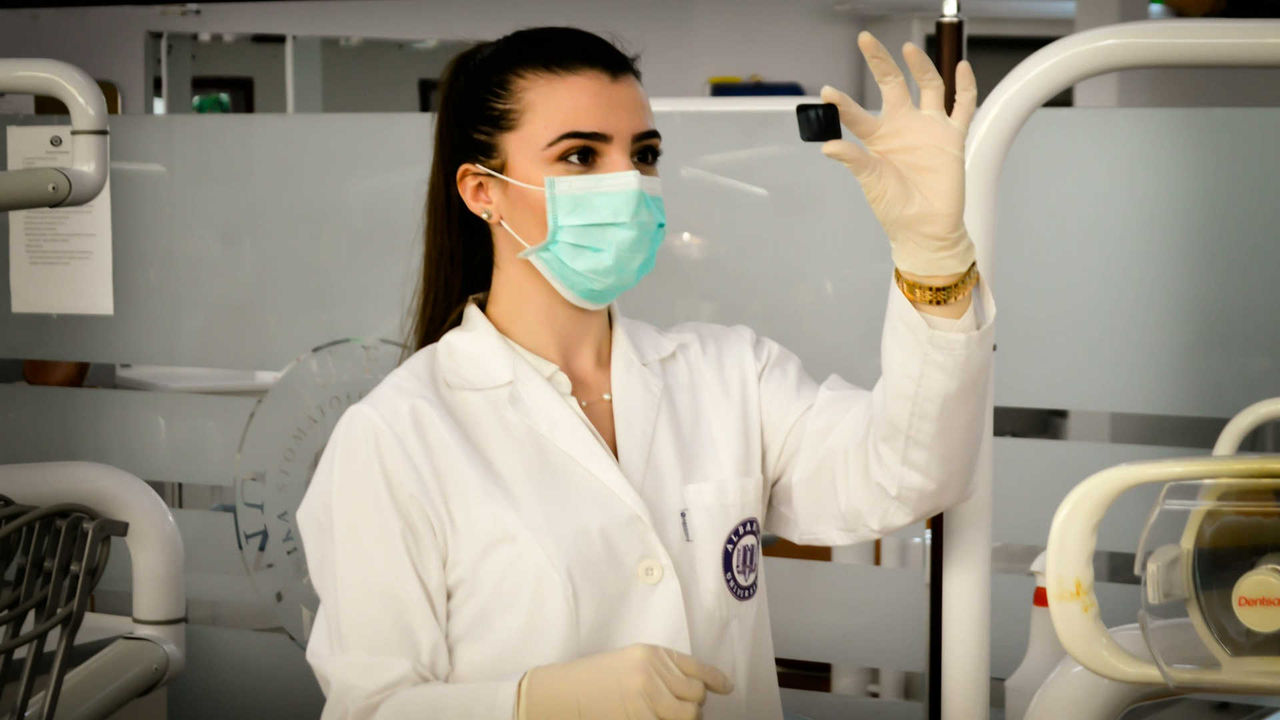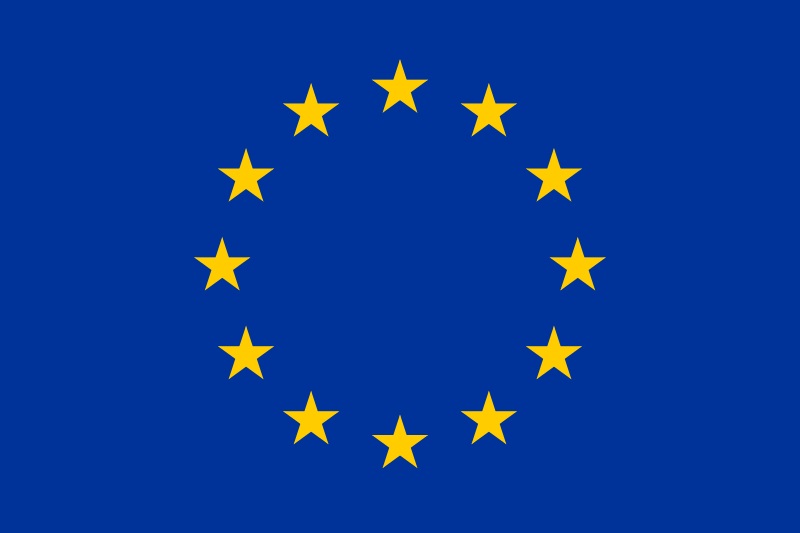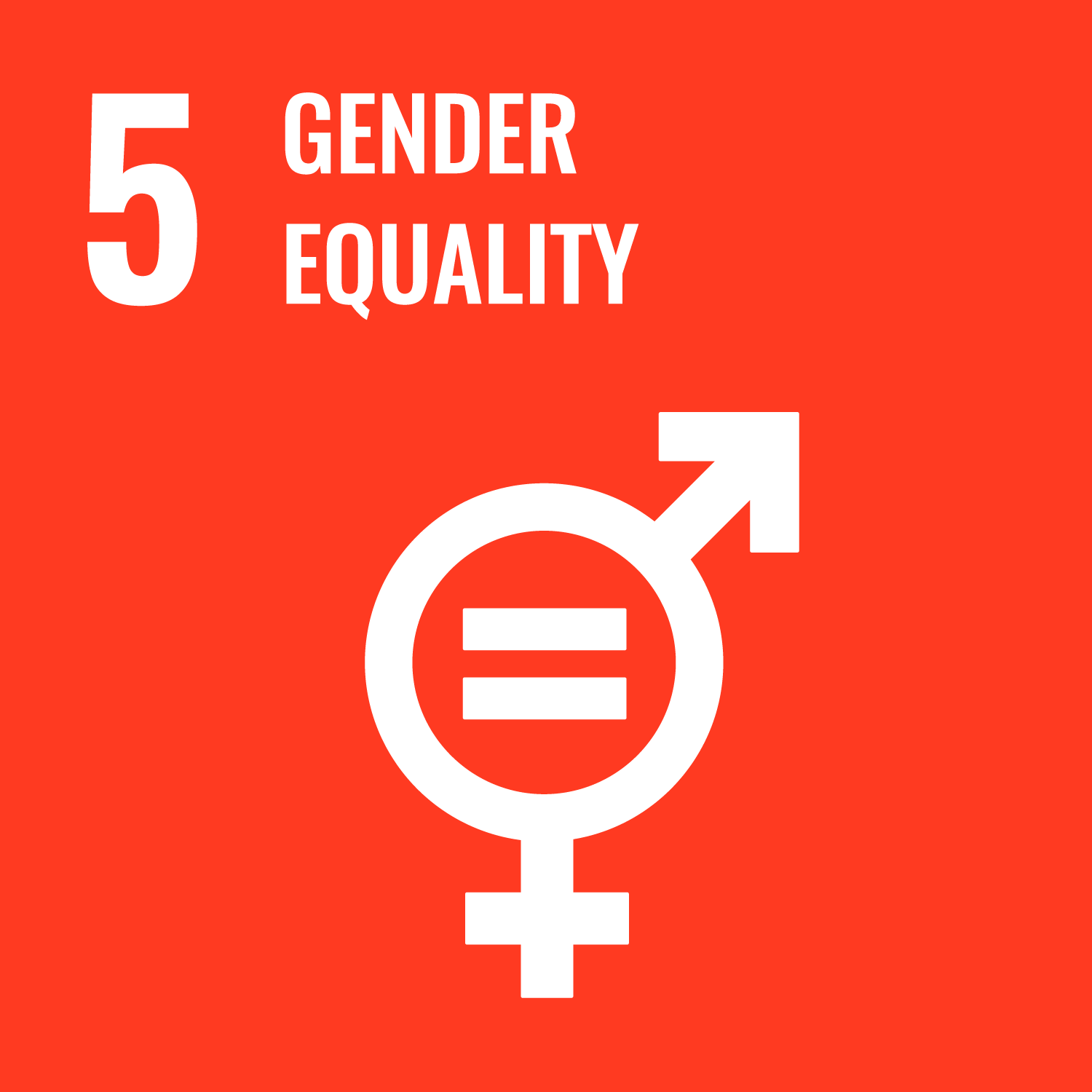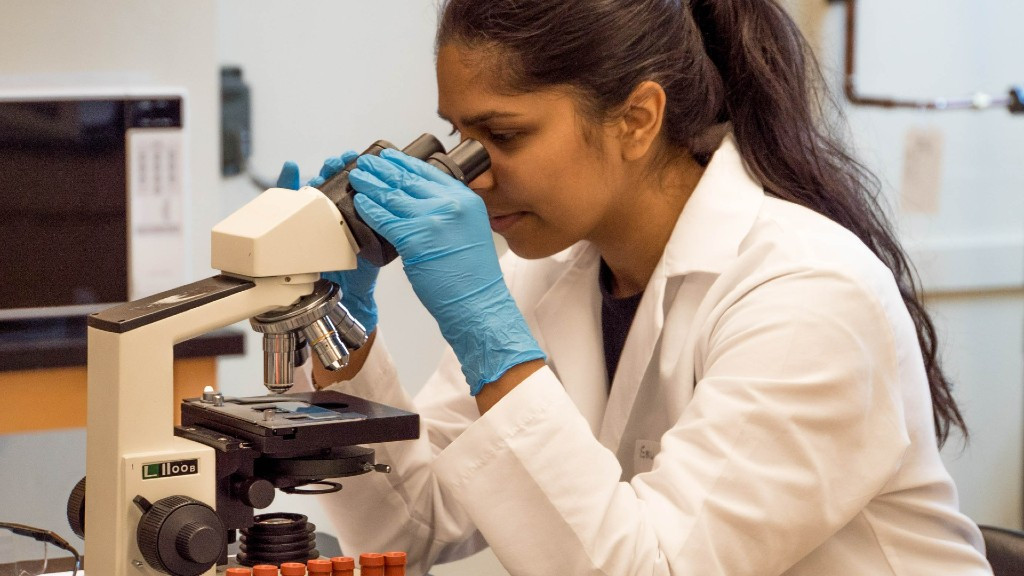Ten ideas to make research gender equality plans inclusive
Using clear language, data-based decision-making, encouraging dialogue and taking different contexts into account are some of the recommendationsThese tips are part of the INSPIRE project, a European centre of excellence on gender equality in research, coordinated by the UOC

Although women make up 59% of all university graduates, this figure falls to 48% of those completing their doctoral degrees, whilst just 33% of postdoctoral researchers and 26% of faculty members are women. The gender gap is even greater in the so-called STEM (science, technology, engineering and mathematics) disciplines, with female representation standing at just 22% of PhDs, according to European Commission figures.
With the aim of combating the gender gap in research careers and promoting gender equality in research and innovation, the European Union started up the INSPIRE project towards the end of 2022. Coordinated by the Gender and ICT research group (GenTIC) at the Internet Interdisciplinary Institute (IN3) of the Universitat Oberta de Catalunya (UOC), 45 researchers from 13 research bodies and centres in Europe and 1 in Latin America make up this European Centre of Excellence on inclusive gender equality in research and innovation.
"We have two main areas of work. Firstly, we contribute to knowledge creation to produce more inclusive equality plans and, secondly, we help with the implementation of these plans," explained Rachel Palmén, GenTIC researcher and INSPIRE coordinator. Palmén puts the emphasis on 'inclusive' because INSPIRE seeks to ensure that the research system becomes more inclusive for all under-represented groups, be this due to their gender, race or disabilities. "This is one of the first challenges we've identified: to stop talking of gender equality plans and start calling them inclusive gender equality plans," she said.
Ten ideas for inclusive equality plans
In one of its recent policy briefs, the European Centre of Excellence on inclusive gender equality in R&I concluded that "Although the EU has made significant efforts to promote gender equality, the progress has been quite slow with profound disparities remaining in terms of policy implementation as well as the representation of women in R&I across Member States (MS), research organizations and scientific disciplines."
To make progress in what, in their opinion, "remains perhaps one of the greatest challenges facing R&I organizations in their efforts to tackle inequalities", the INSPIRE team has made the following recommendations:
- The use of clear terms for sex, gender and other characteristics, as well as being careful with concepts such as quality, equality, diversity, inclusion and intersectionality.
- Basing equality plans on data (both quantitative and qualitative) and including in them clear actions, timeframe, naming who bears responsibility for these actions, as well as defining the consequences if these actions are not carried out.
- Including representatives of different under-represented groups in work teams created to define indicators and robust data collection systems, as well as relevant interventions.
- Those charged with leading the change need to have the necessary competences for removing existing barriers, while actively promoting a culture for inclusivity.
- Understanding local and contextual mechanisms and implementing innovative solutions that are context-sensitive and rooted in local histories.
- Accountability and dialogue with the different stakeholders (students, researchers, teaching staff, workers, management, etc.).
- More research on prerequisites and success factors to better understand existing barriers and challenges.
- Communities of practice as platforms for the exchange of practice-based knowledge.
- The use of validated measurement scales to establish the level of job satisfaction and work climate, for example.
- Providing a solid foundation for the measurement of different social categories and dimensions of discrimination, including gender, race, age and sexual orientation.
INSPIRE, a project coordinated by the UOC and linked to the UN's SDGs
The INSPIRE project: European Centre of Excellence on Inclusive Gender Equality in Research & Innovation: Creating Knowledge & Engaging in Collaborative Action began in October 2022 and will run for 48 months. It is funded by the European Union with €5 million from the Horizon Europe programme and aims to be Europe's sustainable centre of excellence, globally renowned for the quality of its research and analysis produced on inclusive gender equality in research and innovation. It is made up of 13 research centres and universities from Europe and 1 from Latin America, all coordinated from the UOC.
This project is funded by the European Union's Horizon Europe programme under grant agreement No 101058537.
Related document
Ten good practices for gender equality in scientific journals
This initiative contributes to UN Sustainable Development Goal (SDG) 5, which seeks to achieve gender equality and empower all women and girls.
UOC R&I
The UOC's research and innovation (R&I) is helping overcome pressing challenges faced by global societies in the 21st century by studying interactions between technology and human & social sciences with a specific focus on the network society, e-learning and e-health.
Over 500 researchers and more than 50 research groups work in the UOC's seven faculties, its eLearning Research programme and its two research centres: the Internet Interdisciplinary Institute (IN3) and the eHealth Center (eHC).
The university also develops online learning innovations at its eLearning Innovation Center (eLinC), as well as UOC community entrepreneurship and knowledge transfer via the Hubbik platform.
Open knowledge and the goals of the United Nations 2030 Agenda for Sustainable Development serve as strategic pillars for the UOC's teaching, research and innovation. More information: research.uoc.edu.
Experts UOC
Press contact
-
Rubén Permuy



